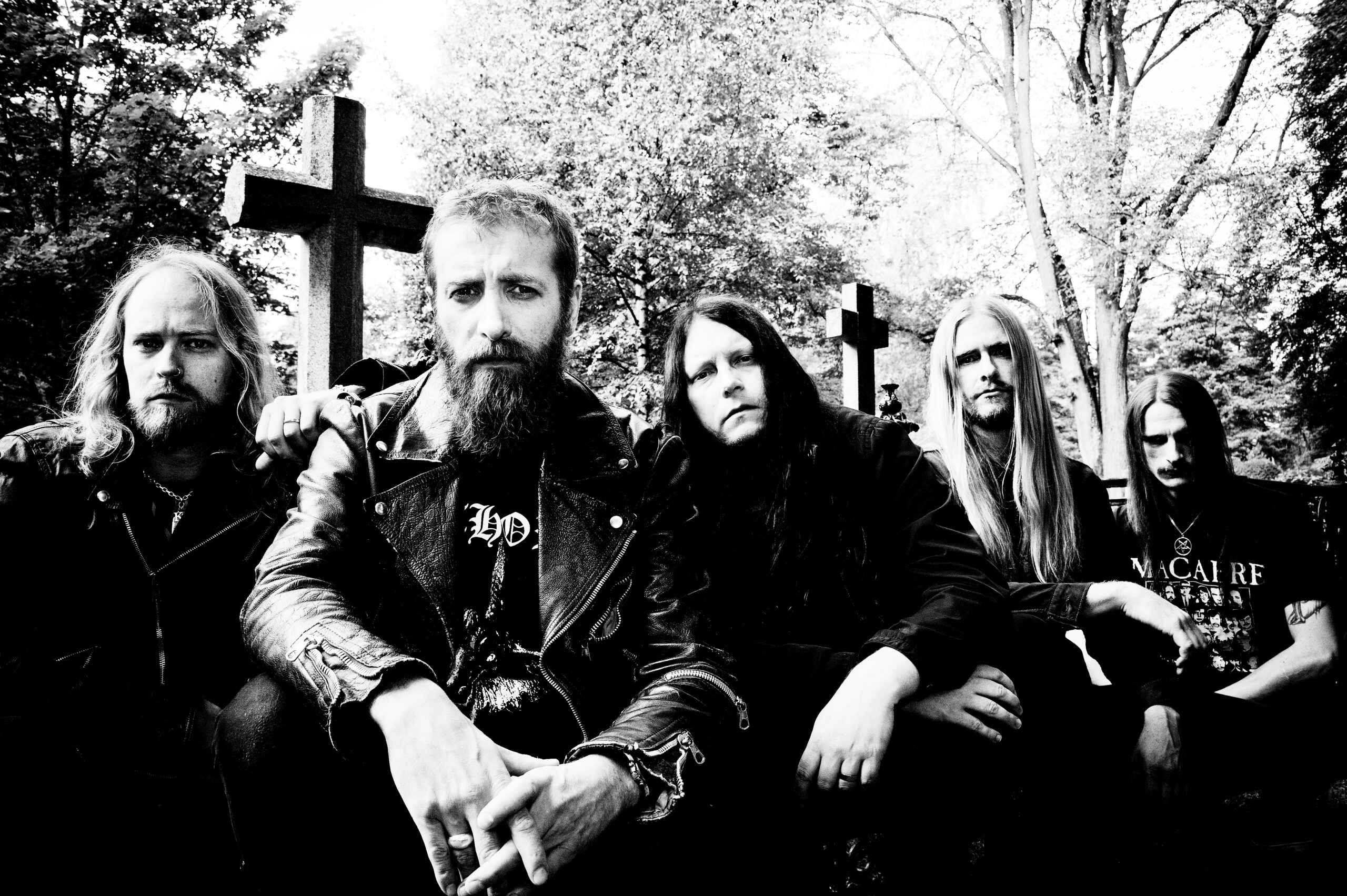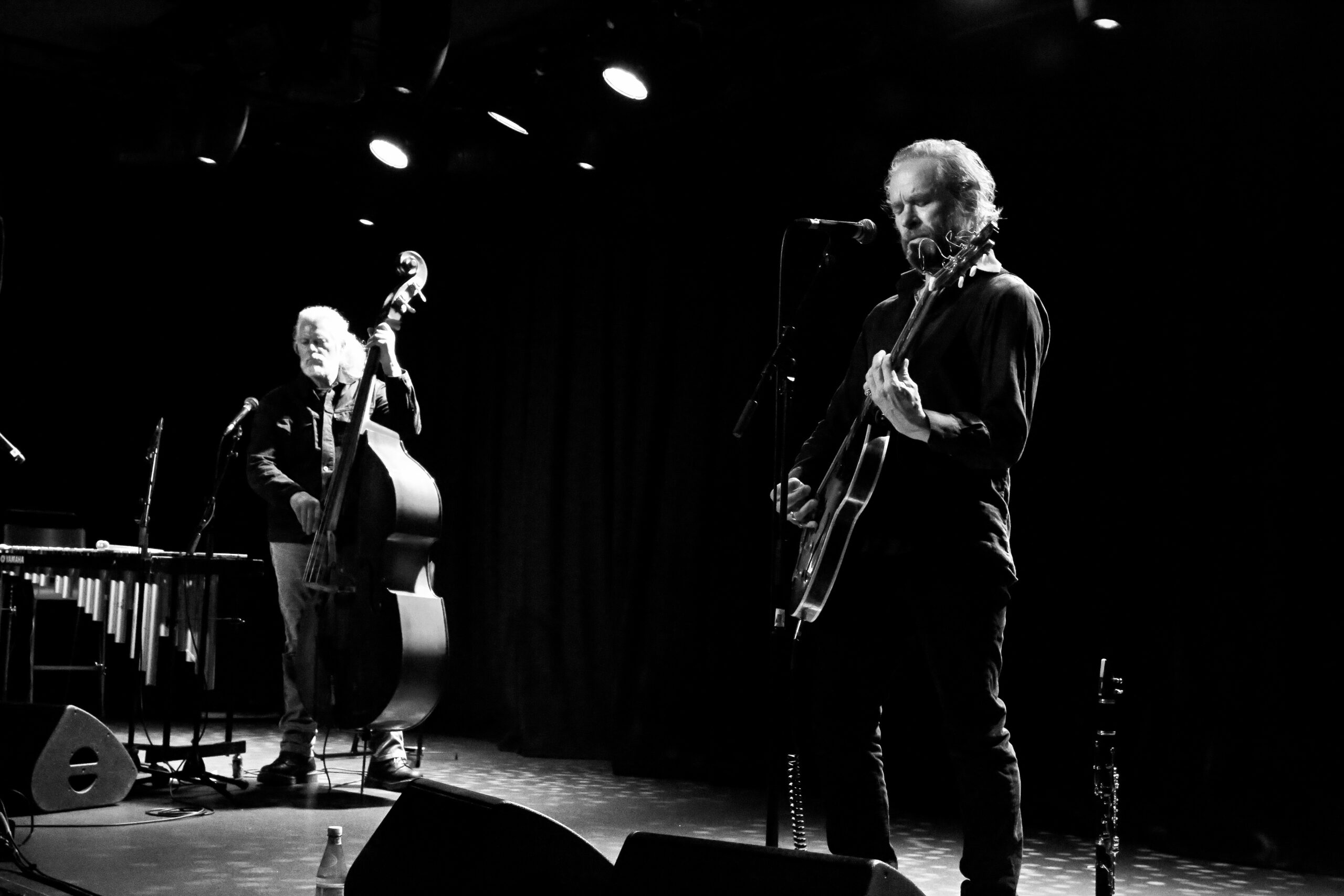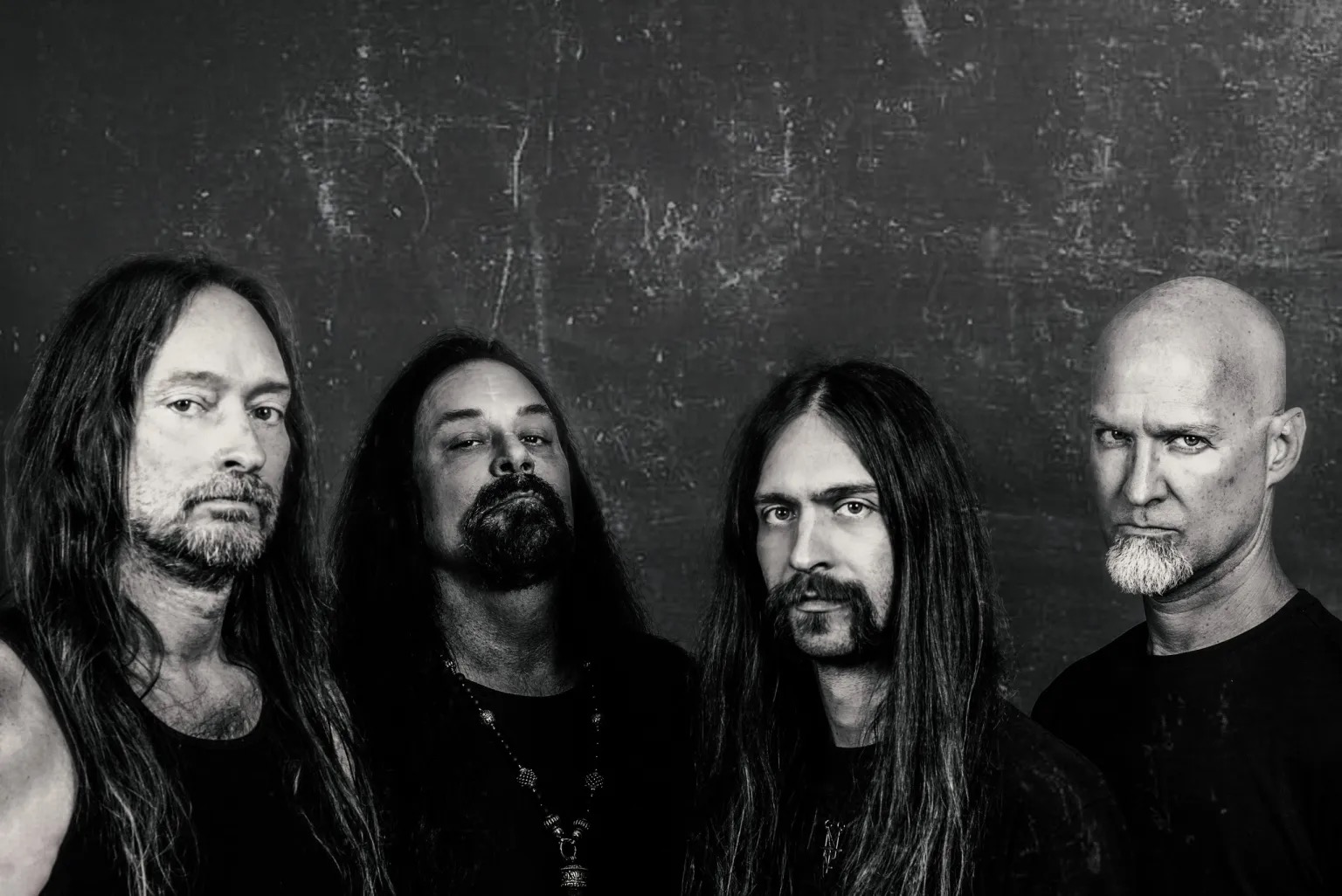The flower kings are a band of dreamers. Fronted by the elegiac and prolific Roine Stolt, the band indulge in flawless progressive music, dipping in and out of the various styles pioneered by the prog behemoths of the seventies over the course of ‘Desolation Rose’, the band’s twelfth full-length album since they formed in 1994.
‘Desolation Rose’ is the sort of album that is a simple joy to listen to. Drawing upon a wide list of influences, the band effortlessly fashion the sort of magical, breath-taking songs that take you away from the grey, washed out pallor of reality and whilst there is a core of darkness threaded through the songs, the sheer musical innovation is enough to imbue the album with a sense of hope rather than one of despair. Starting out as they mean to go on, ‘Tower One’ sees the album open with a complex epic that roams through the territory hitherto occupied King Crimson before reaching the sort of scintillating climax that Dave Gilmore specialised in, all fluid slide guitar and spacey echo. It’s a stunning achievement, a thirteen minute opener that speeds by in the blink of an eye and one that has you utterly hooked until the end of the disc. ‘Sleeping bones’ sees the band indulge in the sort of symphonic prog indulged in by Steve Hackett-era Genesis, or, perhaps, Dream theater shorn of their metallic tendencies. It’s a shorter piece that allows some respite after the furiously indulgent opening track. It segues directly into ‘Desolation road’ which, again, recalls the keyboard-led work of Genesis crossed with the more jazzy feel of Yes, whilst Roine’s voice takes on the dusky tones of John Wetton. There’s even room for a bit of Deep Purple in the John Lord loving keyboard spaz out in the song’s outro, and there is no doubt that adrenalin will surge through your body if you listen to the track at any volume. ‘White tuxedos’ opens amidst a spiralling miasma of samples before collapsing into a dark, rhythmic march that filters Pink Floyd and Peter Gabriel through Massive attack and Supertramp with spine-tingling effect. Featuring some of Roine’s most overtly political lyrics it is an intelligent and involving song that pulls no punches.
Another lengthy track, ‘The resurrected Judas’ heads towards nine-minutes, the band filling the song’s extended run time with the rich tones of a mellotron, acoustic guitars and gently pulsing bass all recalling the pastoral beauty of the Canterbury scene. It’s a stunning song with an amazing vocal performance at its heart, and there is no doubt that as the track reaches its instrumental break listeners will be transfixed. ‘Silent masses’ could similarly be described as symphonic with Roine’s vocal exertions on the anthemic chorus recalling progressive legends Spock’s beard, his voice cracking with emotion as he strains at the notes, bringing a depth of feeling to the work that is all too often lacking when progressive rock bands veer too far into technicality at the expense of emotional punch. That is not to say that the music here is lacking in technical skill – the Flower Kings are quite remarkable musicians – it is simply that at the core of their songs lies an emotional core that renders the music as potent as any from the golden age of prog. Heading back into darker, king Crimson-esque territory, ‘last carnivor’ has a jazzy shuffle coupled with a heart of darkness that gives it a sharp edge and one that perfectly leads the listener to the shadowy demons of ‘dark fascist skies’, a track that seethes with discontent over gnarled riffs, the grandeur of a grand piano and shimmering electronic flourishes. It’s a deep, dark, and utterly engrossing song that marks the album’s high point. ‘Blood of Eden’ sees the album head back into Peter Gabriel territory, the track complete with massed vocals and jazzy lead guitar work, while ‘silent graveyards’ closes out the album in an elegant fashion leaving you ready to set the thing spinning once again.
Progressive music is a genre that appears to demand (and which certainly encourages) a greater degree of fanciful exposition from reviewers (alright, from me at any rate) than any other. There is a good reason for this – progressive music, at its best, fires the imagination, and the senses and allows the listener the opportunity to indulge in pure fantasy as the music surrounds them entirely. Progressive music can be complex, confrontational, dreamy and ethereal, sometimes all within one song, and it is these qualities that lead reviewers to dash for the nearest thesaurus so that they can adequately express the myriad emotions the music builds within them. It is music made by passionate, creative and talented individuals and it often transcends boundaries, crossing into the realm of art, painting pictures in the mind as vivid as that found on any canvas. In ‘Desolation Rose’, The Flower Kings have painted an epic – a beautiful, deep, sometimes dark but always optimistic work that provokes numerous emotions over the course of its runtime. It is a beautiful work that deserves boundless praise and it marks out The Flower Kings as a truly special band whose work will stand the test of time. I have no doubt that this will grace many album of the year lists (certainly it will ours) and deservedly so, for ‘Desolation rose’ is a masterpiece.











Leave a Reply